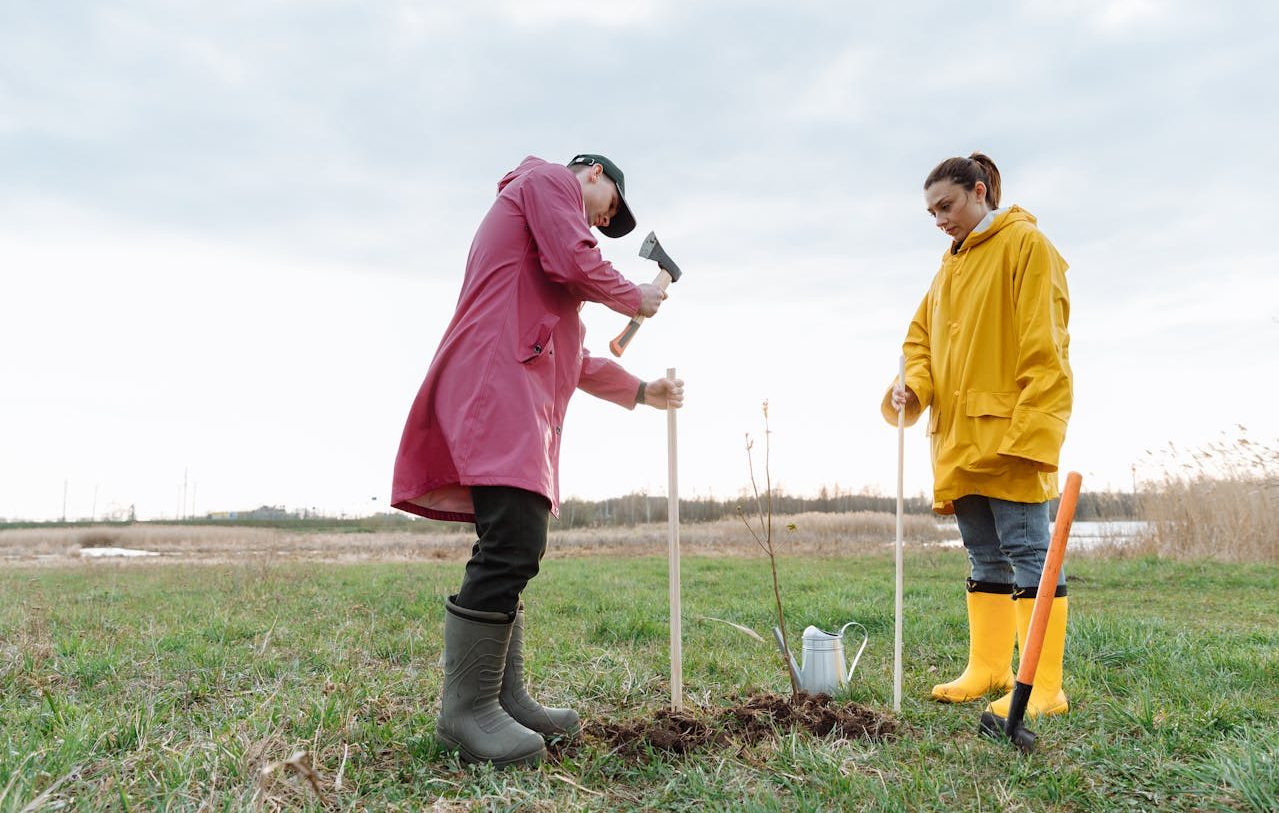
Community forums are a key space for citizen participation and collective decision making.
Participatory democracy is a governance model in which citizens have an active and direct participation in political decision-making, beyond the electoral vote. It is characterized by the promotion of mechanisms such as referendums, popular consultations, participatory budgets and citizen assemblies, which seek to strengthen the relationship between governments and civil society.
Examples of participatory democracy
Participatory democracy is manifested through a wide variety of practices that allow citizens to directly influence public decision-making. Among the most notable examples are:
- direct voting : allows citizens to make specific decisions without intermediaries, such as in plebiscites and referendums;
- referendums : instrument in which voters approve or reject laws or reforms;
- popular initiatives : legislative or regulatory proposals presented directly by citizens;
- participatory budgeting : citizens decide how financial resources are allocated in their community;
- public consultations : mechanisms to collect citizen opinions on policies or projects;
- community forums and public hearings : open spaces to dialogue and deliberate on issues of collective interest;
- citizen panels and open town halls : representative groups that actively participate in local debates and decisions;
- neighborhood associations and citizen summits : local organizations that strengthen community cohesion through collaboration on specific projects;
- citizen observatories : platforms that monitor the implementation of public policies.
These examples show how participatory democracy promotes citizen inclusion and empowerment in political life.
Technological and digital tools
Citizen participation platforms
Digital tools have transformed democratic participation. E-government platforms allow citizens to interact with public institutions through online procedures and consultations, while online deliberation platforms offer virtual spaces for debate and collective decision-making.
Social networks for mobilization
Social networks are key in citizen mobilization, facilitating digital activism and the dissemination of awareness campaigns for social and political rights. Through these platforms, citizens can organize protests, sign an electronic petition or participate in public debates on various relevant topics.
Electronic voting tools
Technology also supports processes such as electronic voting, which ensures speed and accessibility, and political crowdsourcing , where citizens contribute ideas and solutions to specific problems.
Open data and transparency
Access to open data platforms fosters government transparency, allowing citizens to analyze budgets, policies and projects in real time.

Digital tools have transformed participatory democracy by facilitating online deliberation and voting.
Characteristics of participatory democracy
Participatory democracy is distinguished by a series of characteristics that make it an inclusive and active model. Some of the main ones are:
- government transparency : decision-making processes must be clear and accessible to all citizens;
- accountability : authorities are obliged to justify and explain their actions to society;
- access to public information : right of citizens to know official data and documents that impact public life;
- social inclusion : guarantee the participation of historically marginalized sectors, such as women, youth and indigenous people;
- participatory justice : processes that allow communities to collaborate on legal or social solutions;
- deliberative democracy : emphasizes debate and deliberation as essential tools for decision-making;
- civil and political rights : such as the right to vote, freedom of expression and participation in public policies.
These characteristics reinforce the objective of building a more equitable, collaborative and committed society.
Community and social participation
Community organization
Citizen participation is strengthened through structures such as neighborhood councils, community action boards and civic coalitions, which act as mediators between the population and local authorities.
Social movements and NGOs
Social movements and non-governmental organizations (NGOs) play a central role in promoting rights and social change, mobilizing people towards specific causes.
Volunteering and support networks
Volunteering is a tangible form of social participation, where citizens contribute directly to the well-being of their communities. Mutual support networks also strengthen the social fabric, offering shared resources and community collaboration.
Art, culture and participatory education
The impact of citizen participation is not limited to politics; It also encompasses participatory art and culture projects and popular education programs, which seek to empower communities through collective learning and artistic expression.

Participatory environmental management involves communities in the protection and recovery of local ecosystems.
Types of participatory democracy
There are various forms of participatory democracy that adapt to different contexts and social needs. Among them stand out:
- digital democracy : use of technologies such as online platforms, electronic voting and social networks to promote citizen participation;
- deliberative democracy : focused on discussion and exchange of ideas before decisions are made;
- inclusive democracy : seeks to guarantee the representation and participation of all sectors of society, especially the most vulnerable;
- democracy 2.0 : an evolution of digital democracy, which integrates tools such as crowdsourcing and open data for citizen collaboration;
- participatory unionism : promotes the involvement of workers in the management and decisions of their organizations;
- Democracy at work : includes mechanisms for employees to participate in work and business decisions;
- participatory public policies : initiatives in which citizens collaborate in the development and monitoring of public policies;
- local governance and decentralization : processes that empower communities to manage their own resources and make decisions at the local level.
This shows that participatory democracy can be implemented and adapted to different areas and levels of governance.
Innovation and participation in specific sectors
Environmental management and natural resources
Participatory environmental management involves communities in decisions about the use and conservation of the environment. This includes community environmental monitoring and community natural resource management projects, which promote sustainable and responsible practices.
Urban planning and public spaces
Participatory urban planning allows citizens to influence the design and functionality of their environments, ensuring that public spaces respond to collective needs.
Social innovation and entrepreneurship
Social innovation projects and social entrepreneurship generate creative solutions to social and economic problems, promoting sustainable and ethical business models.
Participation in key sectors
We can talk about participation in public health, education and citizen science, among other sectors to which citizen participation extends, where communities actively collaborate to improve results in these fields.
